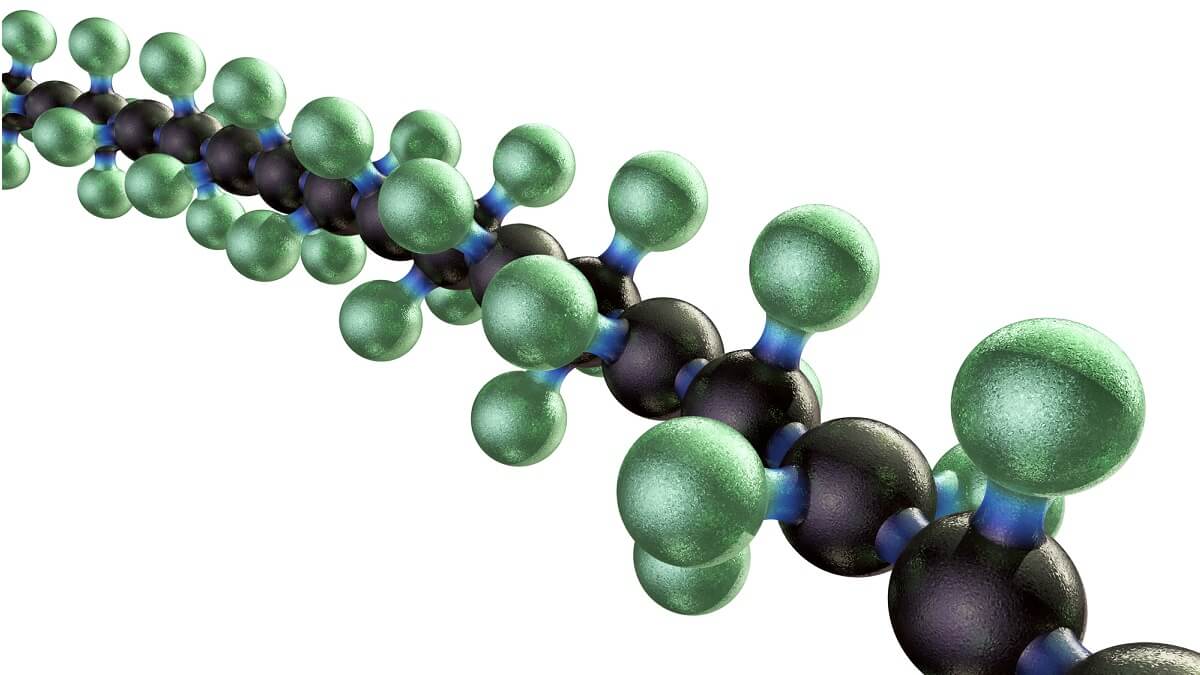Understanding Polymers: The Science Behind Versatile Materials
Understanding Polymers: The Science Behind Versatile Materials
Blog Article
Discovering the Varied Applications and Advantages of Polymers in Different Industries
Polymers, with their diverse variety of residential or commercial properties and capabilities, have actually come to be important in various industries, each reaping unique gain from their application. Polymers. From enhancing safety and efficiency in the automobile industry to changing medical devices in the medical care industry, polymers play a critical role. Furthermore, their environment-friendly nature is altering the landscape of sustainability practices. As we look into the midsts of polymers in electronic devices, we discover advanced advancements, while their structural honesty changes the world of construction and facilities. The prevalent impact of polymers across sectors is a testimony to their convenience and flexibility, forming the future of numerous sectors.
Automotive Field Applications
Polymers play an essential duty in enhancing the performance and durability of different elements within the automobile field. These functional materials are extensively made use of in the manufacturing of various components, varying from indoor components to under-the-hood applications. One prominent use polymers in the vehicle industry is in the manufacturing of lightweight elements. By replacing typical steel components with polymer-based alternatives, vehicles can achieve improved fuel performance without jeopardizing on toughness or security.

Health Care Market Benefits
In numerous health care applications, the advantages of utilizing polymers are commonly acknowledged for their diverse range of advantageous residential properties. Polymers play a crucial duty in the medical care sector as a result of their adaptability, biocompatibility, and cost-effectiveness. Among the main benefits of polymers in health care is their ability to be tailored to particular demands, such as versatility, toughness, and biodegradability, making them optimal for a vast array of medical applications.
Polymer-based materials are thoroughly made use of in clinical gadgets, such as catheters, implants, prosthetics, and medicine distribution systems, because of their biocompatibility and capability to imitate natural cells. These products can lower the risk of allergies or beings rejected, enhancing individual security and outcomes. Furthermore, polymers are lightweight, making them suitable for wearable medical devices and ensuring person convenience.
Moreover, polymers enable the growth of innovative treatment approaches, such as hydrogels for tissue design and nanocomposites for targeted drug distribution. Their ease of processing and sanitation makes them crucial for preserving high criteria of hygiene in health care setups. In general, the varied advantages of polymers add significantly to improvements in clinical technology and patient care.
Ecological Benefits of Polymers

In addition, polymers can add to energy savings useful link because of their lightweight nature. In sectors such as transportation, light-weight polymer products can aid lower gas usage and greenhouse gas discharges. Furthermore, polymers can allow the growth of energy-efficient products such as insulation materials that improve power conservation in buildings.
Furthermore, polymers play a vital duty in lowering water pollution. The usage of polymer-based purification systems can properly remove pollutants and pollutants from wastewater, guarding water sources and environments. Overall, the environmental advantages of polymers make them useful possessions in promoting sustainability and environmentally friendly practices throughout different sectors.
Polymers in Electronics and Modern Technology
Taking into consideration the boosting demand for innovative and lasting options in contemporary industries, the assimilation of sophisticated polymer technologies in the world of electronics and innovation has emerged as a crucial technique for driving efficiency and efficiency. Polymers have changed the electronic devices market by allowing the production of lighter, a lot more flexible, and durable digital devices. From smart devices to medical tools, polymers play a critical function in boosting product design and capability.
One significant benefit of polymers in electronics is their shielding residential properties, which help secure delicate digital parts from environmental elements and electric disturbance. Additionally, polymers are crucial in the development of versatile display screens, wearable innovation, and published electronics, providing limitless possibilities for creating wise and interconnected tools.
Furthermore, the usage view it of polymers in digital product packaging has actually led to improvements in miniaturization and thermal management, enhancing the total efficiency and reliability of electronic systems. As innovation remains to advance, the adaptability and adaptability of polymers will certainly drive further advancement in the electronics sector, shaping the future of innovation.
Function of Polymers in Construction and Facilities
Polymers use countless benefits in the building industry due to their versatility, resilience, and cost-effectiveness. One key duty of polymers in building is their use in coatings and sealers, offering protection against ecological elements such as dampness, UV radiation, and rust.
Moreover, polymers play a crucial role in lasting building and construction methods by making it possible for the development of energy-efficient frameworks. Shielding materials made from polymers assist manage indoor temperatures, decreasing the requirement for home heating and cooling down systems and eventually decreasing power intake - Polymers.
Conclusion
In verdict, polymers play a crucial duty in different sectors such as automotive, medical care, ecological, electronic devices, and building. Their flexible buildings make them valuable in creating innovative solutions and products. From boosting gas efficiency in vehicles to enhancing clinical gadgets, polymers provide various advantages. Furthermore, their influence on lowering waste and promoting sustainability highlights review their importance in modern applications. The extensive usage of polymers shows their significant contribution to progressing modern technology and boosting lifestyle.
Report this page